by Barbara Nevins Taylor
Updated 9/10/2023
For those of us who were there, felt the terror and the anger, for those who lost loved ones, for those who were hurt and for those affected, 9/11 burns in our memories. We can not forget.
9/11 lives deep inside me in a way that I never imagined. Twenty years ago all I thought about was getting to the scene, to the story. I first felt something was wrong when a plane flew so low overhead that my house in Greenwich Village shook. WNYC suddenly went silent on my radio. Within seconds, my husband came running up the stairs and yelled, “People are on the street crying. A plane flew into the World Trade Center and it’s on fire.” That low flying airplane had used Sixth Avenue like a runway to slam into the North Tower.
We didn’t hesitate to head toward the disaster. I am a reporter and that’s what I have always done. My husband Nick, a writer, pitches in to help when he can and this time he carried my backpack. I wanted to get there fast and as close as I could, I didn’t think about the obvious dangers, or the hidden danger in the air that day. Few who rushed to the scene to help, to report, to find loved ones did. We could see the stuff in the air.
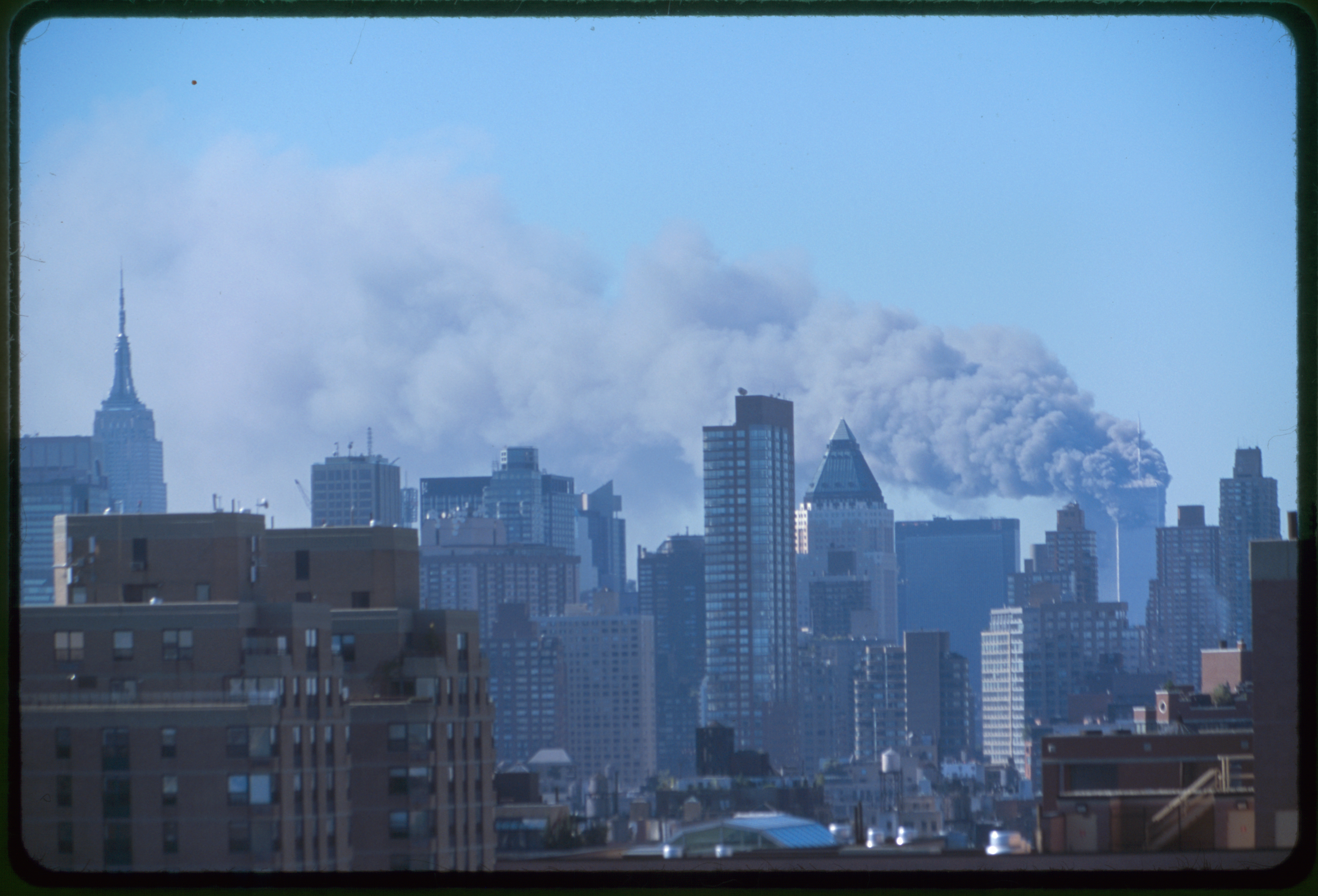
Things sparkling like crystals glittered in the distance. Thick black smoke swirled out of the towers. Paper litter flapped against the bright blue sky long before the buildings collapsed into themselves. What was in the air that day and the days after continues to make 9/11 a killer. It continues to threaten me and an estimated 400,000 who responded or lived, worked, went to school, and even walked nearby.
Three years ago I learned that I had two small cancerous tumors in my right lung. I also had a lot of what radiologists call ground class in my left lung. Biopsies revealed I suffered from adenocarcinoma, or non-smokers cancer. Doctors said the cancer was caused my exposure to the air on 9/11 and the days and months that I covered stories close to Ground Zero. A pulmonologist, the late Mark Rosen, referred me to thoracic surgeon Andrew Kaufman at Mount Sinai Medical Center. He removed the tumors and continues to monitor my lungs. That means every three to six months, I travel nervously to Mount Sinai to have a CAT scan. Then I sit and wait more anxious than ever to see if there is a new growth in my lungs. 9/11 taught me that you never know.
In 2019, the cancer diagnosis threw me back into the world of first responders and others who found themselves struggling with the long-tail effects of the terrorist attack. 9/11, the day, the memories, the people who died, what it meant to New York and our country were all indelible. But I didn’t live in the world of the first responders still struggling to get recognition from Congress.
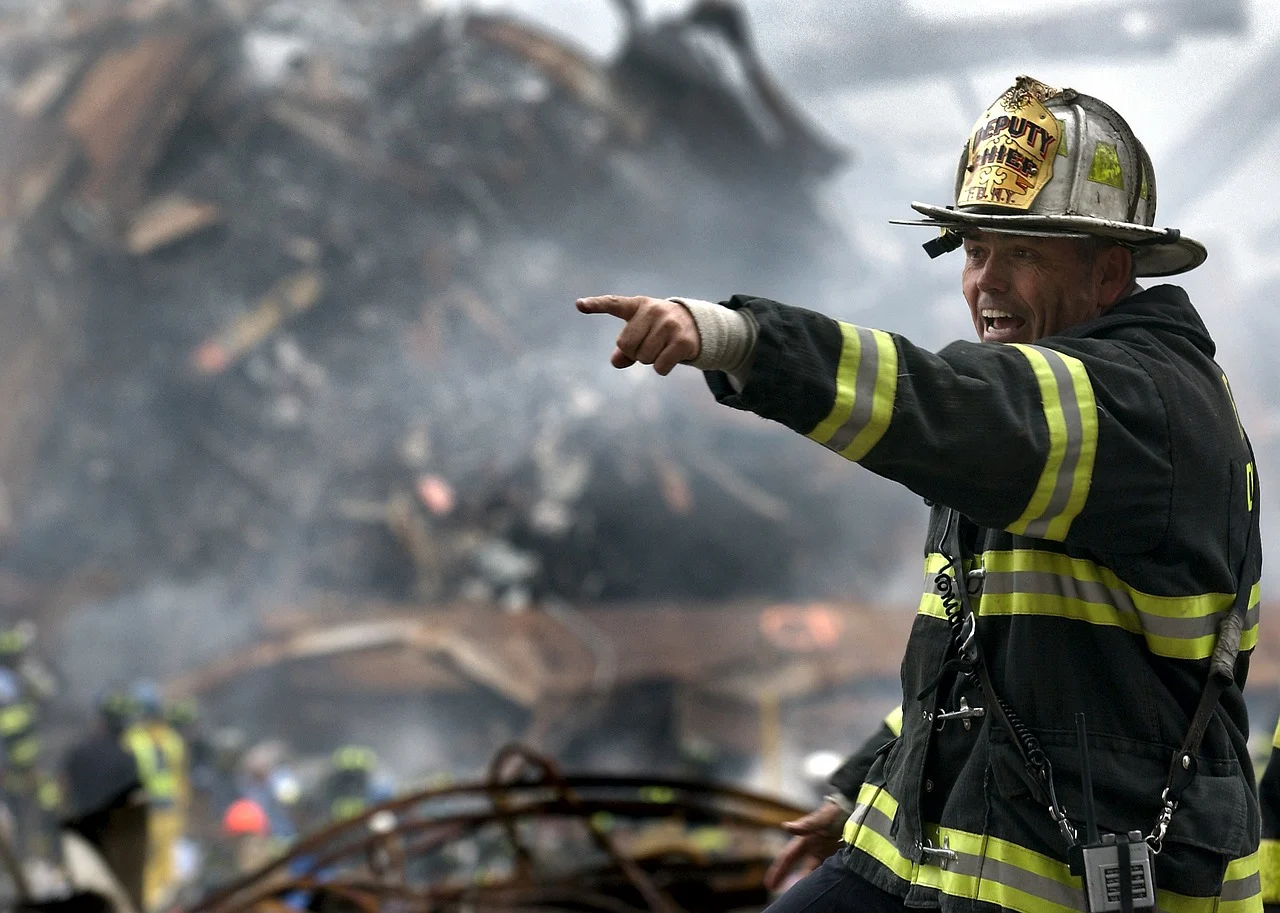
I learned quickly that they needed money to help them live because some were too sick to work, and others couldn’t pay medical bills. Families of victims also needed help.
The answer was for the federal government to fully fund the Victim Compensation Fund (VCF). This program didn’t just hand out money. It required medical proof that you were ill and proof that you were in specific locations in lower Manhattan, a part of Brooklyn, or the Pentagon in Washington. A panel reviewed applications. Nothing was guaranteed. Congresswoman (D) Carolyn Maloney and Senator (D) Kirsten Gillibrand led the charge to get Congress to authorize the money. But others including many Republicans refused to get behind the push.
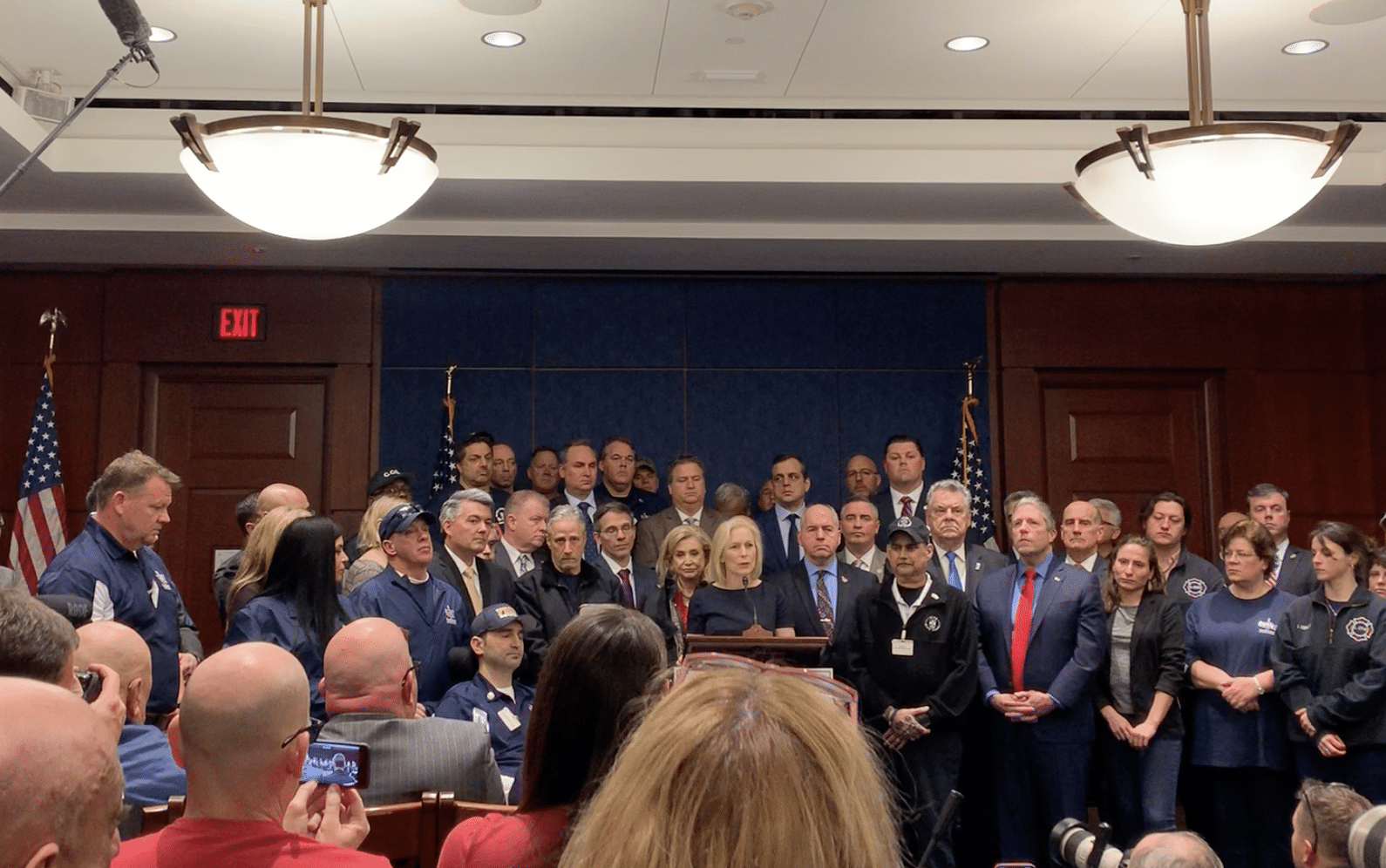
I began to produce a documentary with a young filmmaker who wanted to make me the center of the story, and that didn’t work out. But we traveled to Washington and walked through the Capitol with a group organized by first responder John Feal. He and comedian Jon Stewart had a laser focus on getting money for first responders.
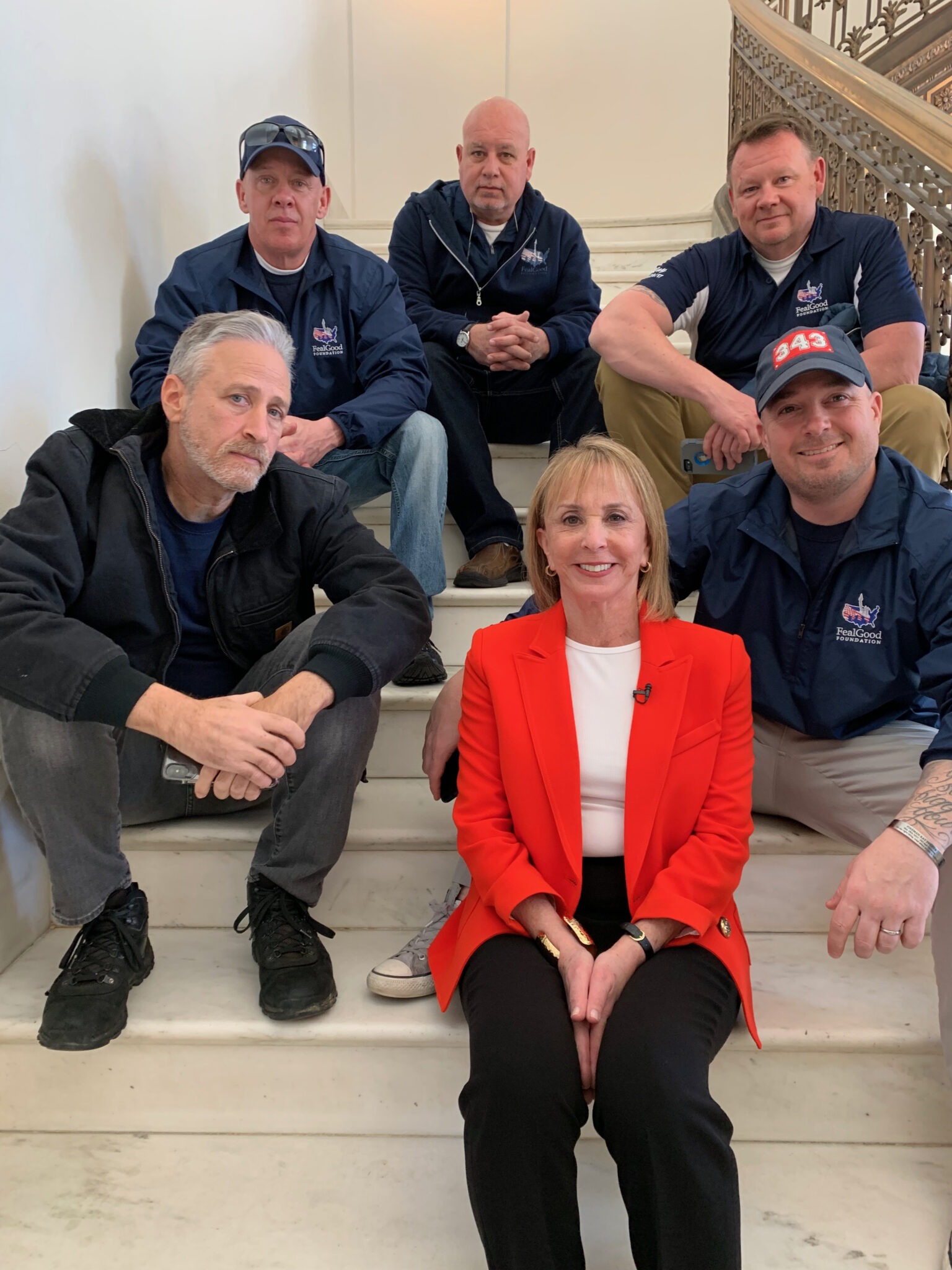
Stewart told me that he was committed to the first responders because of his admiration for what they did on 9/11. “It was chaos. Everybody thought the world was ending. And they brought a sense of stability and comfort, security and a feeling of like, ‘Oh, they’re on the case. We’re going to be all right.’ And then to have that response met with apathy (by Congress) when they were in trouble, blew my mind. It was galling.”
And it was stunning to walk with them into offices and listen as they had to explain 9/11 and its consequences to young staffers. Sometimes they met with a representative or senator. But the staffers mostly were the first line. Rafael Orasco, a former NYPD detective, said, “You’re talking to people who are relatively young and new. And I’m sure that this particular issue for them is really a little overwhelming.” He said the number of responders who came in wheel chairs, or carrying oxygen tanks might upset some. “It can be a little bit much to just take in and comprehend,” he said kindly.
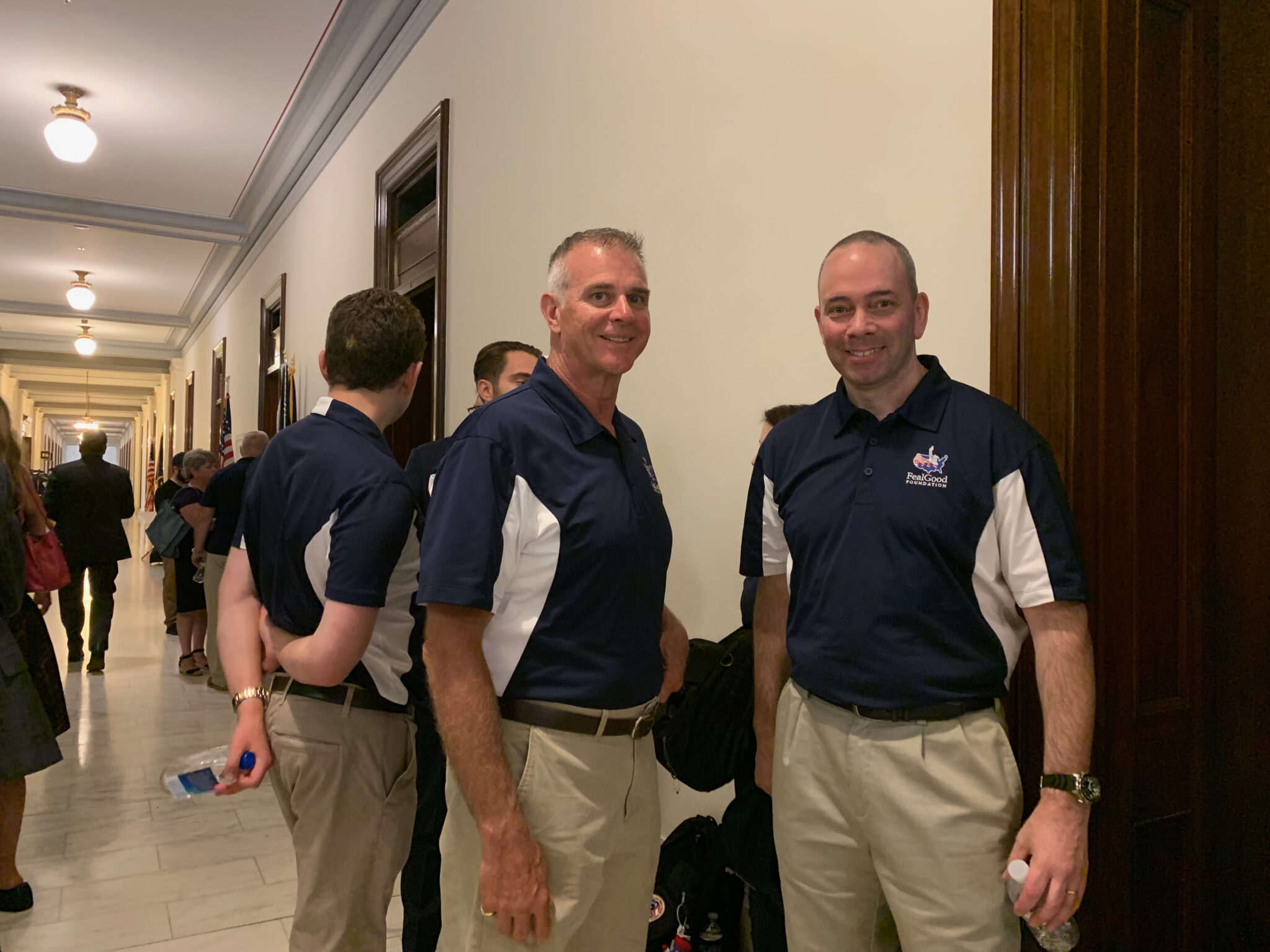
But the lobbying paid off. In July 2019 Congress passed legislation named after first responders who died. They called it, The Never Forget the Heroes: James Zadroga, Ray Pfeiffer and Luis Alvarez Permanent Authorization of the September 11 Victim Compensation Fund. The deadline for people to apply for benefits was extended until October 1, 2090.
That will help the young children who were in the area in strollers, or in school and others who may not realize they still carry a piece of 9/11 in them. I was encouraged to apply to the fund and did receive money. I’m grateful for that.
Others are too. But really? What’s compensation for fatal illness or the looming threat of it. There is also a big part of this puzzle missing when we talk about 9/11 and money. Why aren’t we demanding that the government of Saudi Arabia pay victims, their families and others harmed by the terrorist attack. Fifteen of the terrorists were from Saudi Arabia. Oh yes. We don’t know what role the Saudi government played because our government has not fully released FBI documents that might tell us more. Families of those lost on 9/11 have sued Saudi Arabia and are trying to get documents and transcripts of FBI interviews with Saudi officials.
Maybe on this twentieth anniversary of that horrible day there is hope for answers.
On September 3, President Biden issued an executive order directing the Department of Justice and other agencies to release declassified documents over the next six months. We deserve to know the truth. That’s the way to remember 9/11.
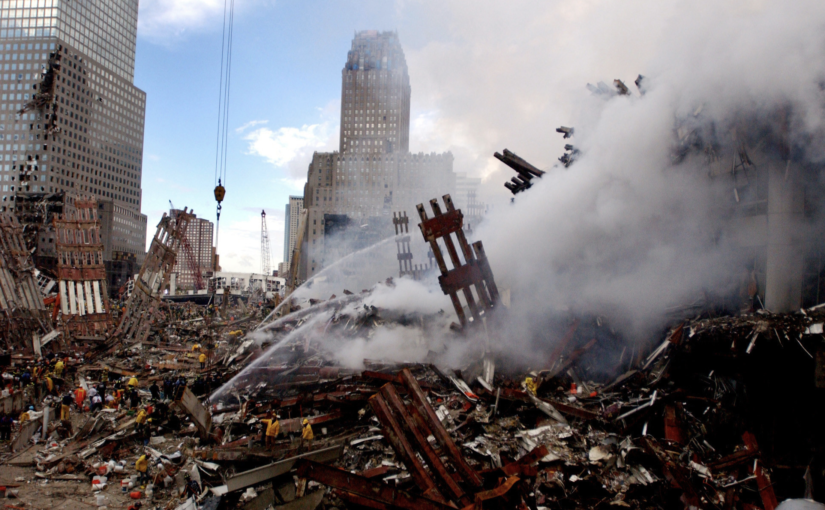
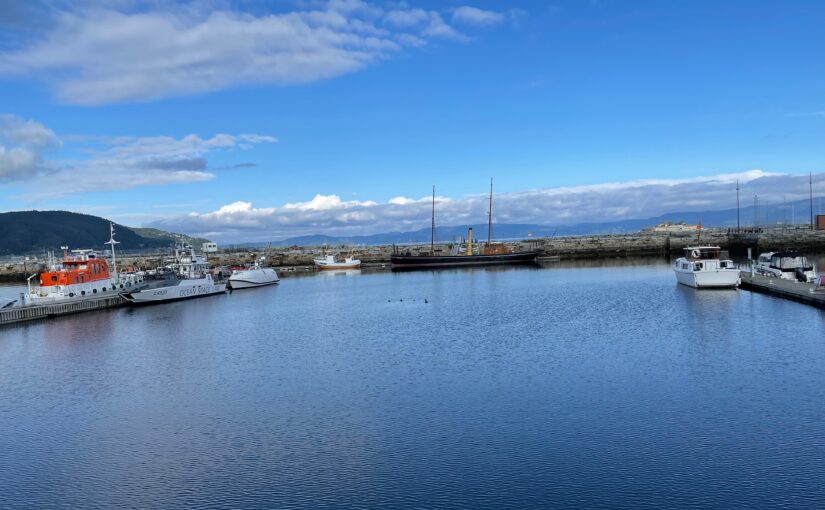
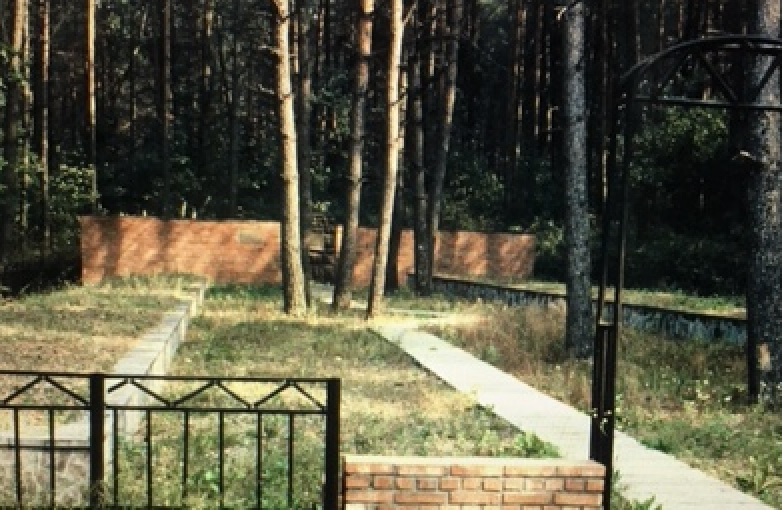
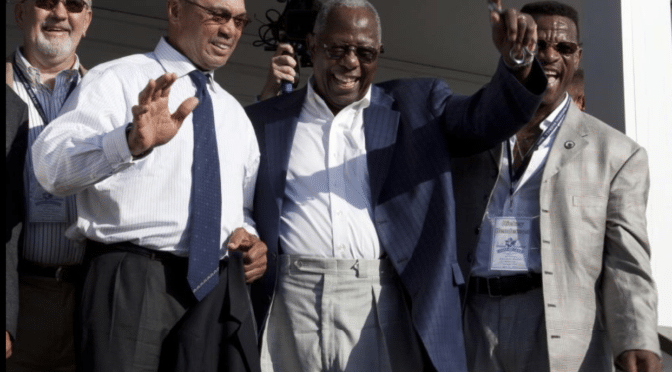
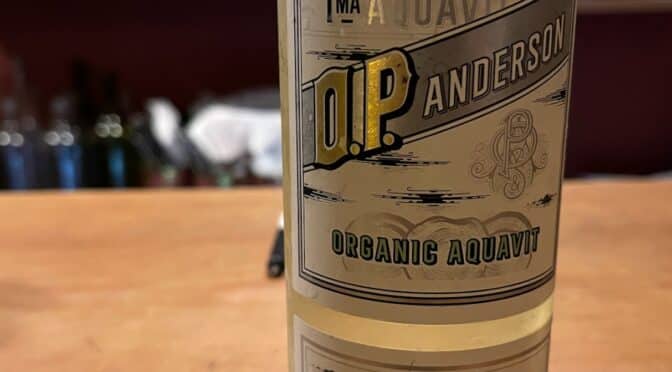
Fantastic Barbara. Thanks for more excellent reporting on a difficult and fraught subject. It’s still hard for me to visit the memorial. Thinking good thoughts for your health and well-being.
Thank you Laura.
Absolutely excellent article. So sorry to hear you’re a victim as well. Glad I was able to read this thanks to Hope. Take care and be well..
Thank you Bob for reading the piece and I appreciate your good thoughts.